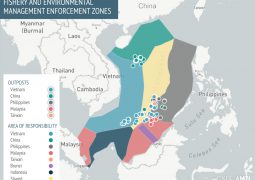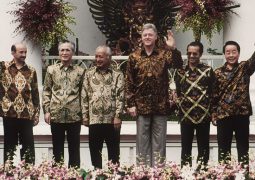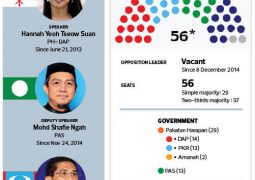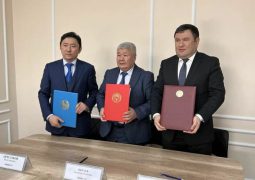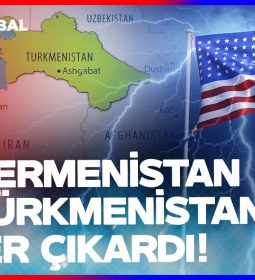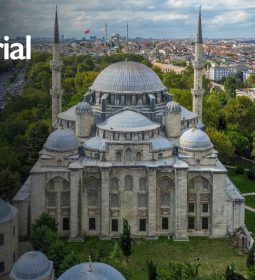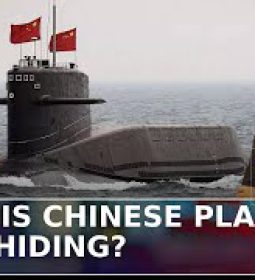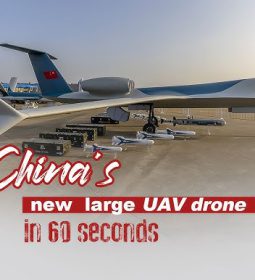“Don’t believe in three types of people: women, Turks and non-drinkers.” -No, Bashar, Ottomans are not coming back
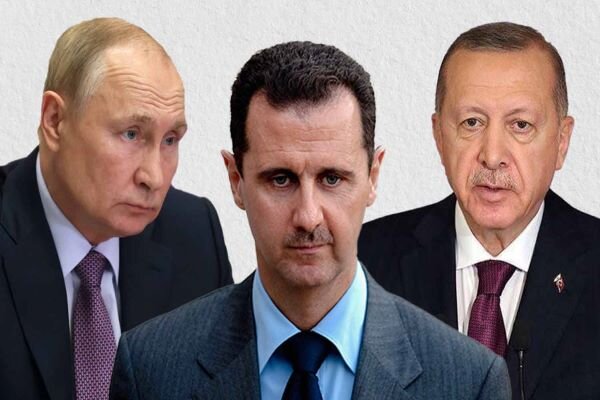
Peter the Great used to say, “Don’t believe in three types of people: women, Turks and non-drinkers.” Equivalents of this slur in Turkish ethnographies about Russians are too many and almost all of them are not fit to print!

Why is that? I don’t know exactly why; it is a subject of Russian “Turkology” and Turkish “Russology”! Perhaps, to be surrounded by all those Turkish folks named Tatars, Başkurts, Nogays, Kazaks, Kirghizes and Özbeks has given Russians too much to endure, and they have gotten even by creating such jokes and name-calling about them. If you look at the names they have invented for their northern neighbors, Turks must have had similar experiences with Russians for many centuries. Too many wars between them; too much suffering at each other’s hands. In 1877, the Russian armies were at the gates of Istanbul and the Turks hardly stopped them there by signing the Treaty of San Stefano. With it, the Russians had put an independent Bulgaria between the Russian and Ottoman empires after almost 500 years of Ottoman rule in the Bulgarian lands. But Bulgaria sided with France and the United Kingdom, not with Russia.

Those times are now long gone. Peter the Great and his empire of fear and endless wars he waged against the Ottomans and Safavids are now forgotten, but his legacy of the ultimate authority and a well-ordered police state survived into the Soviets and modern Russia. Also to reach his dream of the warm waters of the Mediterranean, Peter had learned shipbuilding, created a powerful armada and kept opening wars with Ottomans. But the Soviets and later the Russian Federation didn’t have to fight with the Turks. They simply used their airplanes to reach Syria and create a naval base on the northern edge of the seaport of the Syrian city of Tartus. The Soviets and now the Russian Federation, the only countries to have a military alliance with Syria, maintained several other air force bases throughout the country.
Syrian leader Bashar Assad said last year, in a visit to Moscow, that he would welcome any Russian proposals to set up new military bases and boost troop numbers in the country, suggesting Moscow’s military presence there should become permanent. The more the merrier, Bashar says. Another dictator in the region, Iraqi leader Saddam Hussein used to say the same things about the Russian presence in the region. But Hussein himself and his grand schemes with Russia have long gone; the United States has replaced Russia there now. The United States has the same plans for Syria, and they would have implemented them by now were it not for Türkiye!
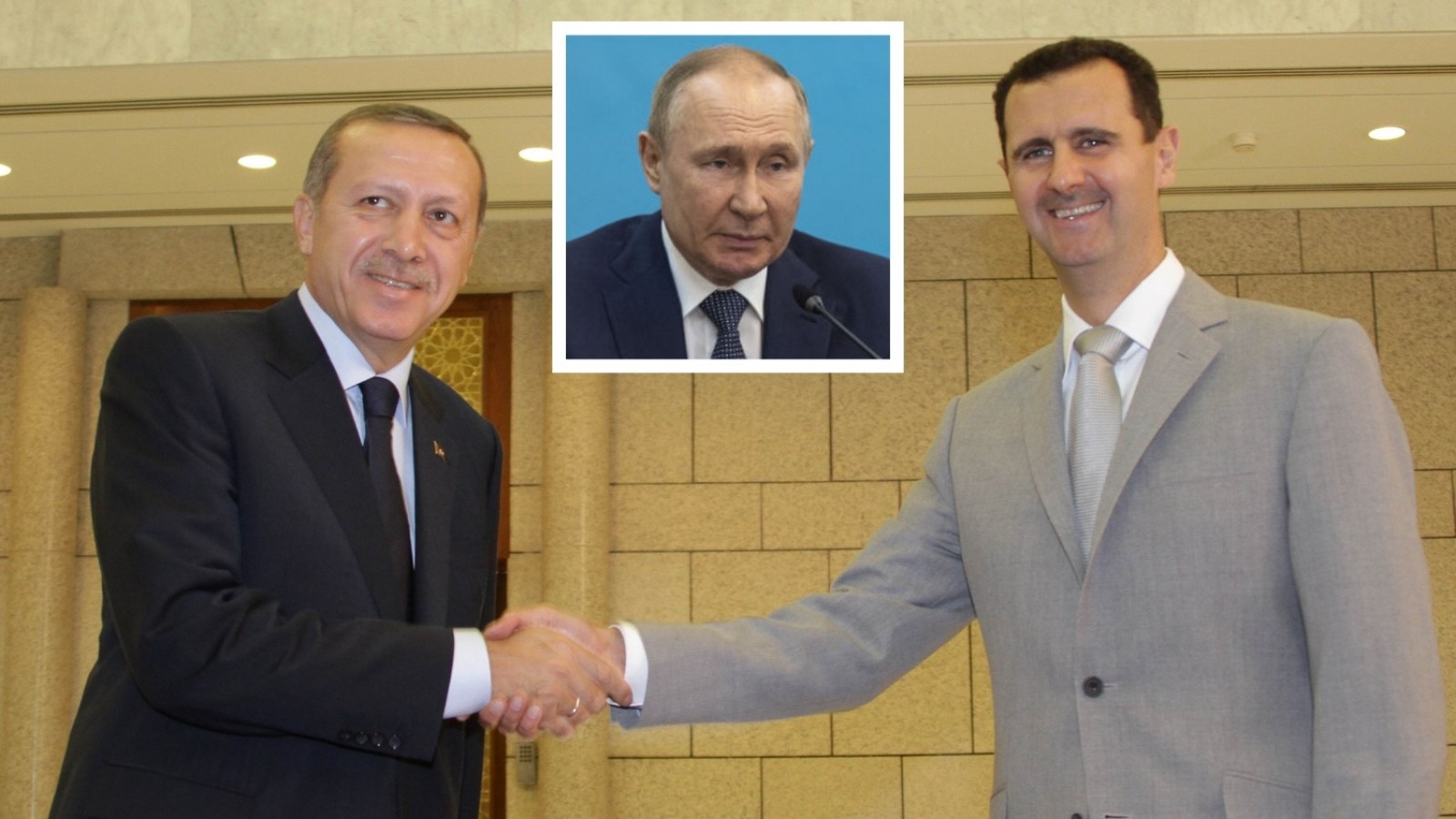
But neither Bashar, his power base the Baath Party nor Vladimir Putin, Russia’s president, appreciated what Türkiye has been achieving in Iraq and Syria. The “Turkish horror” Peter the Great handed down still survives in the minds of the modern Russians. Their efforts to unnecessarily pressure Türkiye into a military retreat from Syria four years ago did not work. When the Turkish Armed Forces (TSK) effectively defeated his forces, Bashar thought that Turks would come in, take all the Ottoman land back and stay permanently. Bashar’s forces killed 34 Turkish soldiers, but this unfortunate event exposed the limits of Russia’s power. It is said that the 2020 tension between Syria and Türkiye made Putin reassess his strategy toward Türkiye and the real dimensions of the U.S. ambitions in the region.
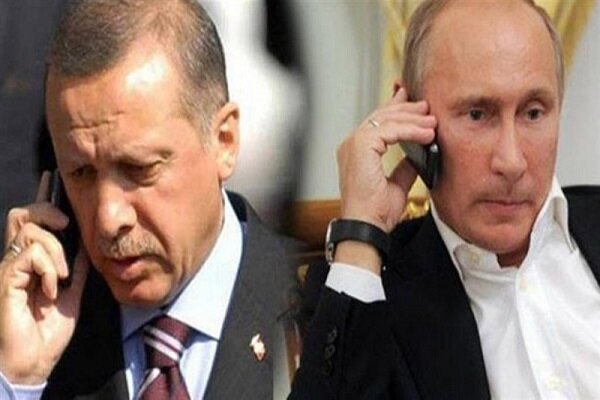
Or has it?
Has Russia noticed Türkiye’s, which has what many observers call “strategic autonomy,” autonomous agenda in Syria? To understand (and appreciate) Türkiye’s objectives and how different they are from the U.S. ambitions in Iraq and Syria, one should presuppose two things. First, the U.S. and its co-conspirators in Israel’s Palestinian genocide have already endorsed the Zionist-Evangelical plans for greater Israel, which necessitates larger regional conflicts and the creation of a so-called “Kurdish” (read: PKK terrorist group) state between Iran and Israel. Second, the modern Turkish republic does not regret having its southern borders redrawn as they are now.
So many people would indeed like to have the areas included in the last resolution of the last Ottoman Parliament (known as Misak-ı Milli, the National Pact), but the majority of people as well as all previous governments and the existing one, are fine with the way things are now. Yet, the PKK was created almost 40 years ago as a result of several internal and external developments, the analysis of which we might attempt some other time. The terrorists found safe havens in Iraq and Syria when Turkish security forces pushed them out of its borders.

It is these terrorists the U.S. Central Command (CENTCOM) re-branded as the “Syrian Democratic Forces” because of their PKK links. Gen. Raymond Thomas, the former commander of U.S. Special Operations Command, joked on a panel at the Aspen Security Forum that it was his “nice touch” to suggest having “democratic” in their new name! It is that “democratic” terrorist group that the CENTCOM armed and trained as their “boots on the ground” against Daesh that materialized in Syria.
As a matter of fact, that “materialization” is not as mysterious as one might think! Former U.S. President Donald Trump, in one of his campaign speeches, blasted the Obama administration on its handling of Daesh, and said Hillary Clinton, then U.S. secretary of state, “created ISIS (Daesh) with Obama.”
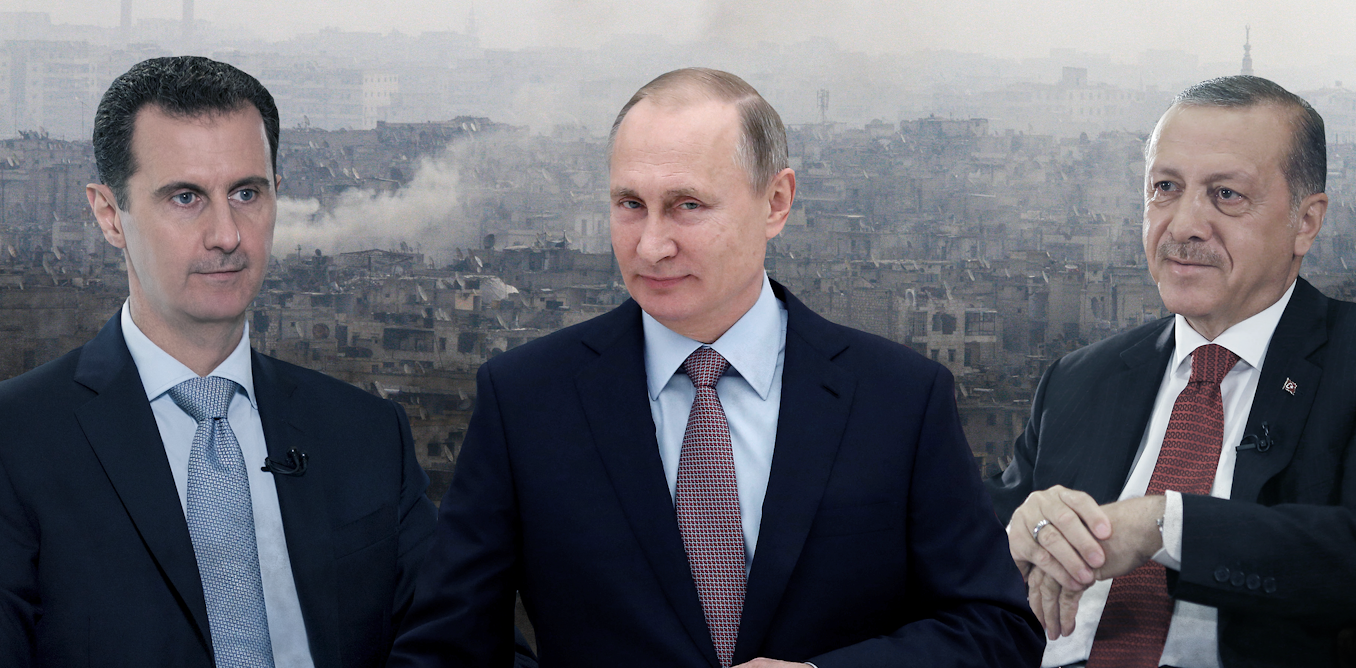
Türkiye had to address the creation of a U.S.-sanctioned terrorist army in northeastern Syria. Ankara viewed the U.S. partnership with the YPG, the Syrian branch of the PKK – designated as a terrorist organization by Washington, as a national security threat. At that point, Assad should have helped Türkiye to suppress the U.S. armed and trained terrorist groups in his country. But alas no! Neither Bashar nor his advisor Putin saw the motives of Türkiye’s over-the-border incursion into northeastern Syria and pushing the terrorists beyond a 30-mile strip along the border. Not then and not even now!
CENTCOM is providing arial defense systems to what they call the “Autonomous Administration of North and East Syria (AANES),” also known as “Rojava,” a de facto autonomous region in northeastern Syria. Russia should help Syria in reconciliation with Türkiye if it values its territorial integrity. By reconciling with Türkiye, Assad would consolidate his control over his country’s political future.
Türkiye and Iraq signed a memorandum of understanding (MoU) on cooperation in security, military and counterterrorism last week. The MoU was signed by the defense ministers of the two countries, Foreign Minister Hakan Fidan announced at a joint news conference with his Iraqi counterpart Fuad Hussein in Türkiye’s capital, Ankara, following the fourth meeting of the Türkiye-Iraq High-Level Security Mechanism. What it means is that the Ankara and Baghdad governments have made significant progress in increasing awareness about the PKK terrorist group in Iraq. In other words, Iraqis now know very well that Türkiye is not trying to create a Turkish statelet in Kirkuk.
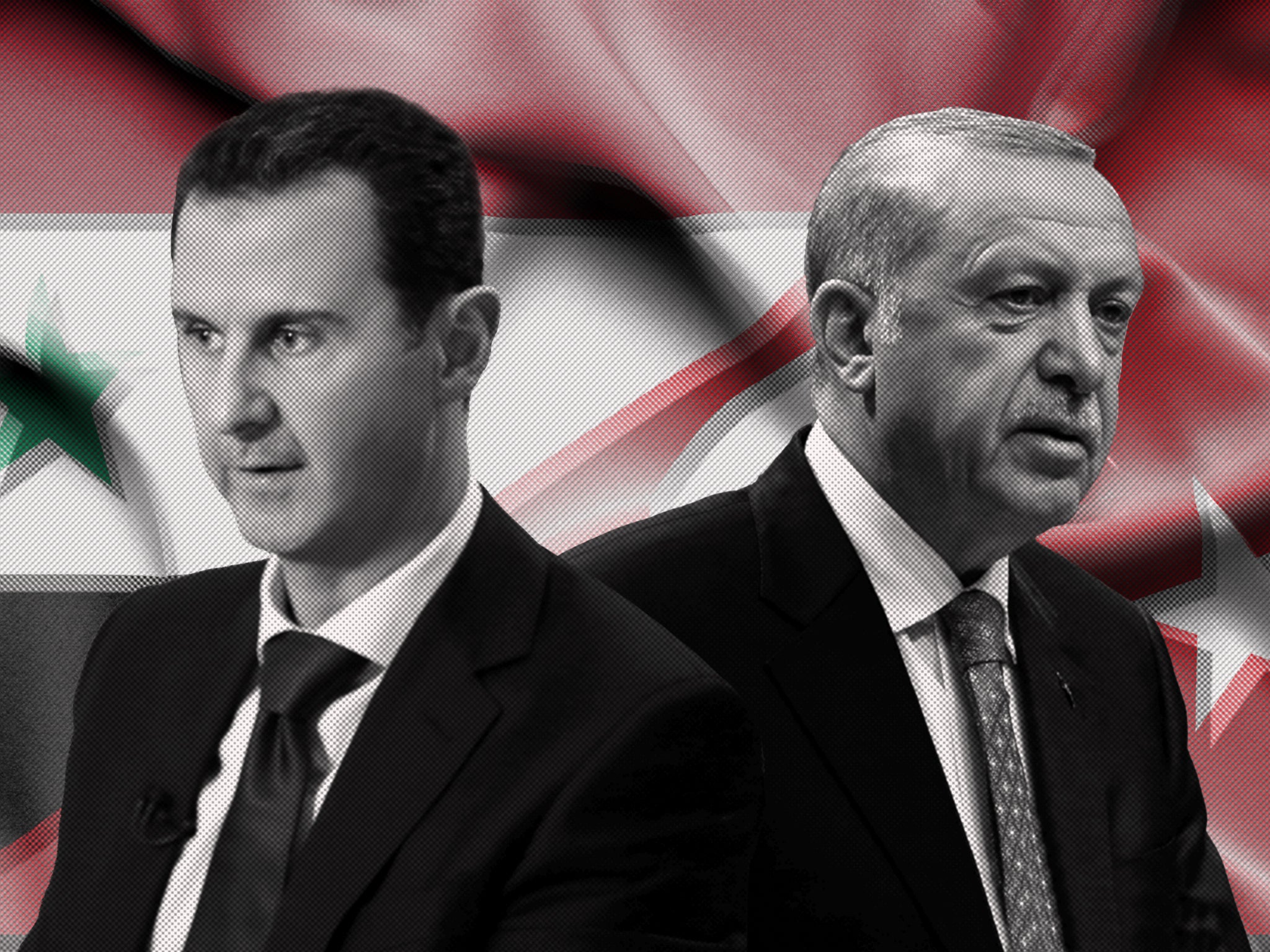
One can only hope Bashar and his Baath cahoots will soon understand that Alleppo could remain an Arab town if they help Türkiye quash America’s PKK terrorists before Afrin, Jazira, Raqqa, Tabqa, Manbij and Deir el-Zour declare their independence from Damascus and join the “Rojava Kurdish Republic,” guarded and protected by American and Israeli forces!
It should not be that difficult to comprehend even for a dentist-cum-dictator.
- Previous Putin pays state visit to Azerbaijan, after similar-ones this year to China, Belarus, Uzbekistan, North Korea and Vietnam
- Next US approves US$3.5 billion sale of military helicopters to South Korea



